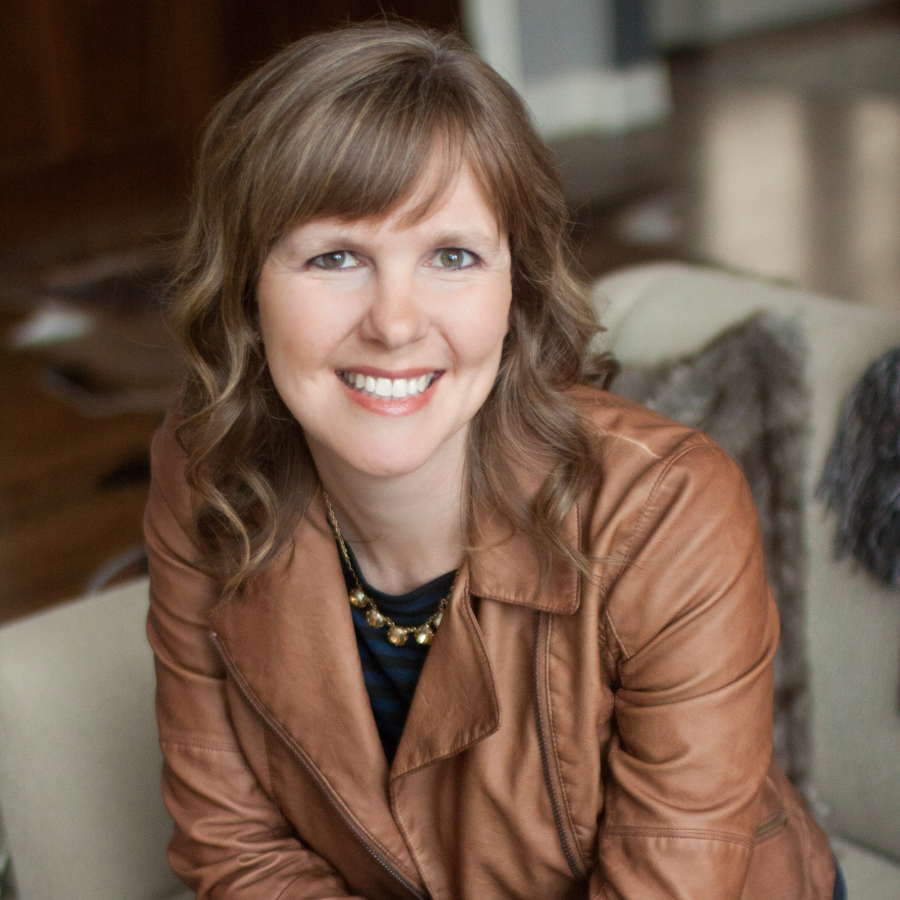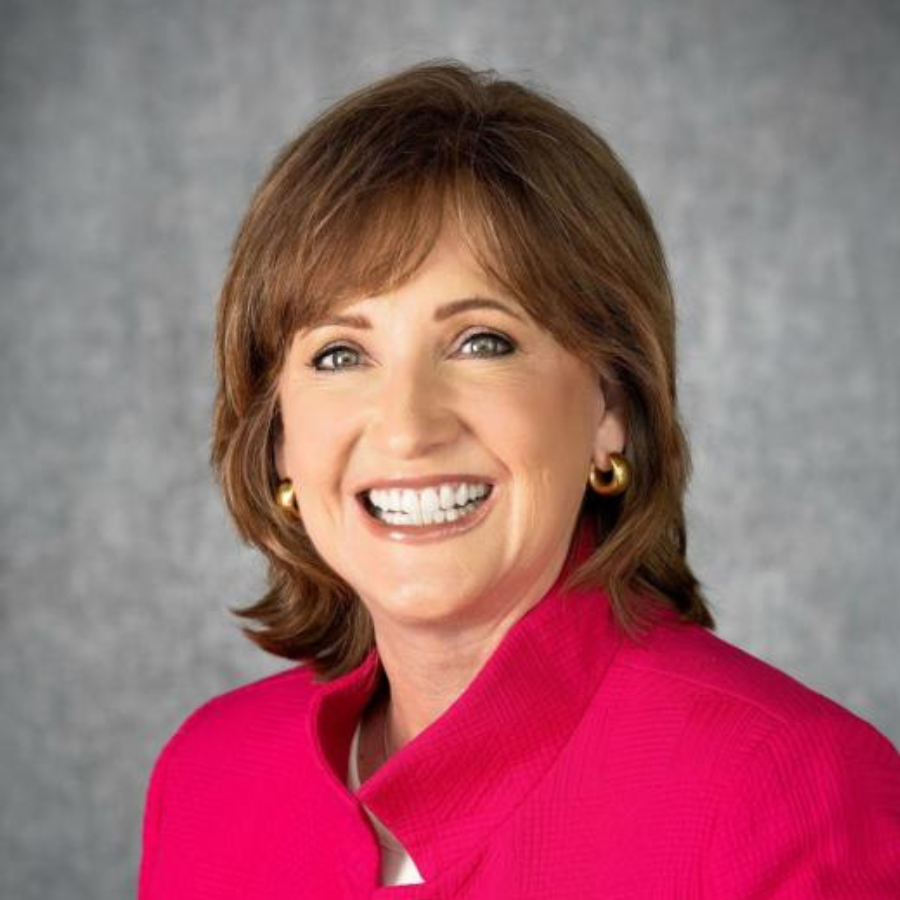Health Uncensored with Dr. Drew

After our national spotlight on Health Uncensored with Dr. Drew Pinsky, we’re excited to share the full extended podcast version featuring bonus conversation with Dr. Drew you didn’t see on TV.
Darcie Wells, President & CEO of CanCare, joins Dr. Drew Pinsky on Health Uncensored and Susan Sabo Wagner, VP of Clinical Innovation at American Oncology Network (and a leukemia survivor), to show why emotional support isn’t extra—it's essential to cancer care. Listeners hear how CanCare’s survivor-to-patient matching, now powered by smart tech, brings calm, courage, and practical hope to patients and caregivers nationwide. SEO: emotional support for cancer, peer support, survivorship, American Oncology Network, young adult cancer.
Susan shares her turning point—diagnosed with AML as a teen and treated with an autologous bone marrow transplant—underscoring why hope and connection matter at every stage. Darcie highlights rising diagnoses among younger adults and how whole-family support can steady spouses, kids, and grandparents when cancer collides with daily life.
You’ll learn how peer support integrates with clinical care, why navigation and social needs (transportation, food security) affect outcomes, and how stories of long-term survivorship sustain belief on hard days. You’ll also hear how precision medicine changes treatment paths while human connection helps people endure them. The message is simple: you’re not alone, and a survivor can stand beside you—today.
Highlights:
00:00 – The power of human connection in cancer care
Darcie Wells opens with why no one should face cancer alone and how survivor support brings calm during chaos.
02:48 – How CanCare pairs patients with survivors who’ve been there
Learn how CanCare’s matching system works and why sharing lived experience makes emotional healing possible.
04:40 – Technology meets compassion: smarter survivor matching
Darcie explains how new tools and algorithms help CanCare connect patients with the right survivor faster.
05:40 – Building emotional support into oncology care
Susan Sabo Wagner shares how the American Oncology Network partners with CanCare to meet patients’ emotional needs alongside medical treatment.
06:36 – A leukemia survivor’s journey to leadership
Susan recounts being diagnosed with AML as a teen and how that experience shaped her mission to help others through innovation and empathy.
08:05 – Whole-family support: when cancer affects everyone
Darcie and Susan explore how caregivers, spouses, and children need guidance too—and why supporting them improves outcomes.
10:15 – “Having someone who understands is priceless”
Darcie reflects on the life-changing reassurance patients feel when talking to someone who’s walked the same road.
11:34 – Hope as powerful medicine
Darcie shares research showing patients with strong emotional support often experience better survival and recovery.
12:13 – Younger patients, more treatable cancers, new hope
Dr. Drew discusses how rising diagnoses in younger adults are met with advances in precision medicine and targeted treatments.
13:05 – Why connection matters more than ever
The conversation closes with a message that technology and science may guide treatment, but compassion carries people through it.
Mentioned Resources:
CanCare- www.cancare.org
Book – www.cancare.org/hopebook
About the Guest:
Dr. Drew Pinsky is the host of Health Uncensored with Dr. Drew, where he brings medical insight and heartfelt conversation to today’s most important health topics. A board-certified physician and addiction specialist, Dr. Drew is known for making complex issues relatable and empowering audiences to take charge of their well-being.
Susan Sabo-Wagner is the Vice President of Clinical Innovation at American Oncology Network (AON) and a leukemia survivor. With over 25 years in oncology care and leadership, she leads clinical strategy, program innovation, and partnerships that elevate patient outcomes nationwide. Her personal experience as a survivor fuels her commitment to advancing compassionate, equitable cancer care.


